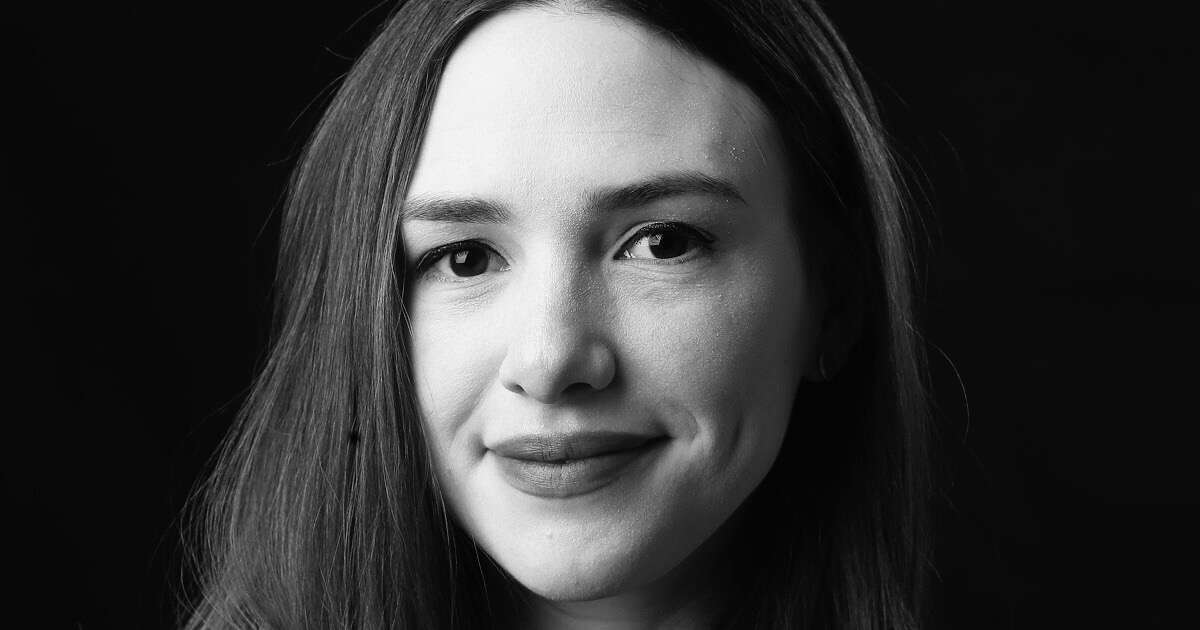
Lois M. Collins has a profile of Elizabeth Bruenig, whom I’ve long admired, for Deseret News. The basis for the piece is Bruenig’s unusual (for these days, anyway) blend of faith and politics. She doesn’t fit neatly into the proscribed categories that we have packaged up for easy consumption and advocacy. She’s strongly left on economics but somewhat to the right socially. As a staunch Catholic, she's pro-life and has done quite a bit of investigative journalism on the death penalty.
Elizabeth Bruenig makes no apologies. Not for her progressive politics, not for her Catholic faith and certainly not for having children at an age some of the left intelligentsia find unfashionable.
Though Bruenig’s blend of progressive economic politics, socially conservative politics and Catholicism seems out-of-place in the modern zeitgeist, I personally don’t find it inconsistent at all. After all, progressive politics tends to be much more supportive of serving the poor and disenfranchised, which was one of Jesus’ major concerns. He taught us to serve the poor in particularly urgent language in parables such as the one commonly referred to as The Sheep and the Goats. While some Christian sects like to talk about people going to hell if they don’t accept Christ as their savior, Jesus himself indicated that you would be headed that way if you don’t help your fellow human beings who are struggling in this particular parable.
Jesus was pretty conservative on social issues like marriage. He believed that, for instance, divorce was to be avoided in all but the most extreme situations. Historically, this has been the position of the church and the governments that came from majority Judeo-Christian backgrounds. It wasn’t until California instituted the no-fault divorce just decades ago that it became easy to get a divorce in the United States.
In fact, Bruenig’s alignment with the values of the early Christian church shows how disordered our modern political divisions of left and right really are when compared against a background of religious faith. To paraphrase a recent statement by blogger Robbie Sapunarich, I’m not sure we should take our terminology from the French Revolution. The modern political binaries are arbitrary or sometimes practical, like drawing boundaries for a state or town. They are only there because we have erected them for the purposes of lowering cognitive load and making it easier to digest complex issues. Why think individual issues out – with all of their nuances and different applications to different people – when you can just get a whole package of beliefs handed to you?
I read posts from a lot of people who are either cleanly on the one side or the other. You can guess what their opinion will be on any given political issue, based on the package they have accepted. While I like these people (or I wouldn’t be following them in the first place), I have to take what they are writing with a lower expectation that they’ve actually thought the issue through. Maybe they have, but it’s more likely they’re just regurgitating what their favorite political team’s talking points. It’s going to be somewhat less interesting to me at best (frustrating, at worst) if someone doesn’t have their own, unique take on things.
As Bruenig has discovered, mostly through her presence on social media, a lot of people don’t like independent thinkers. Peter Wason didn’t pull the theory of confirmation bias from nowhere. Most people have a reactionary view on hot button issues, and like to read whatever confirms their initial view. They don’t like challenges to that view, which put them in a defensive posture. Online, this defensiveness can come out as rage.
It’s good that Bruenig doesn’t put too much stock in the social media outrage machine, because she wouldn’t have lasted this long in the online world if she did. She likes to quote Lena Dunham (in some ways, her political opposite), who said, “I’m not for everyone.”